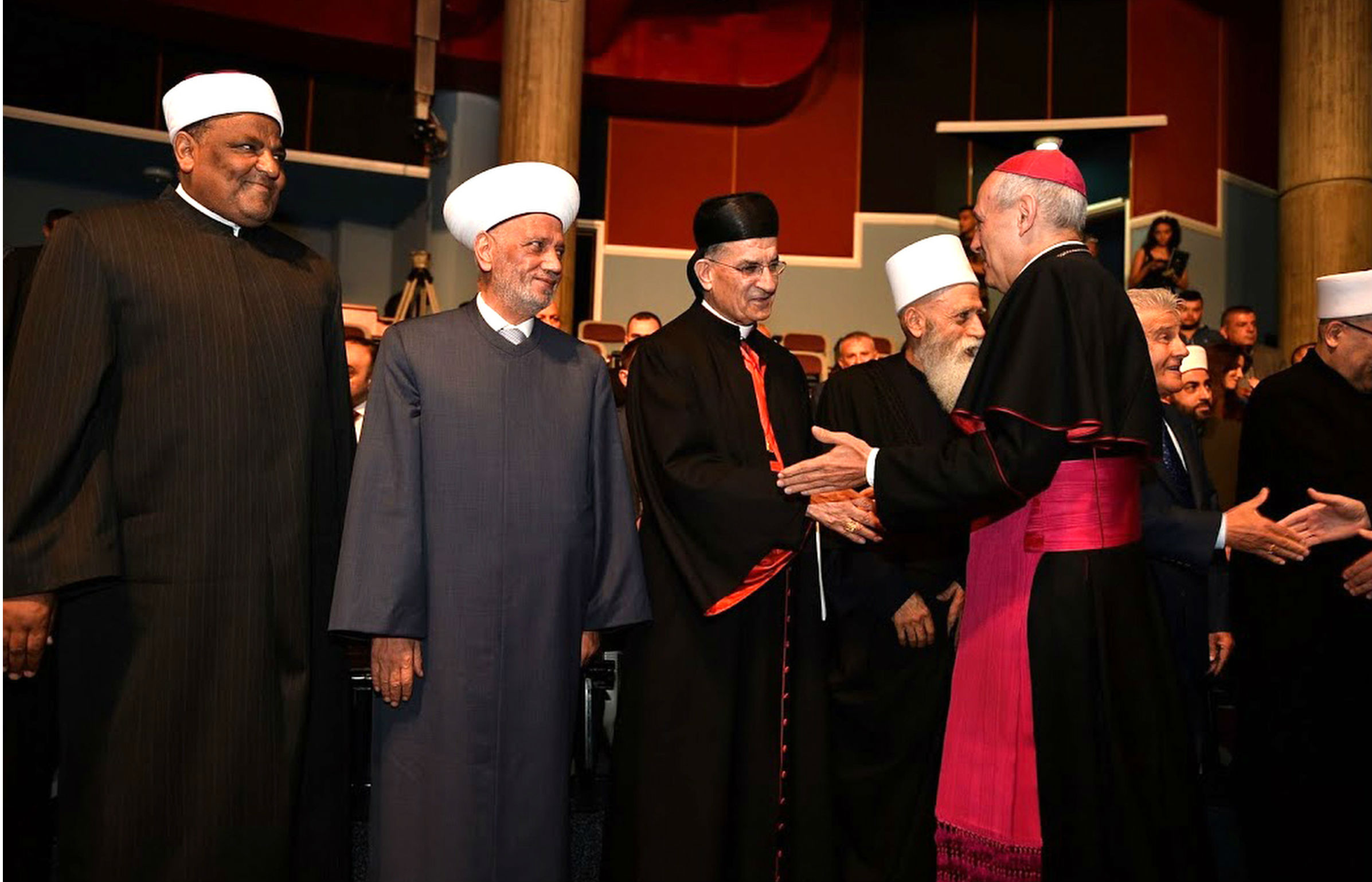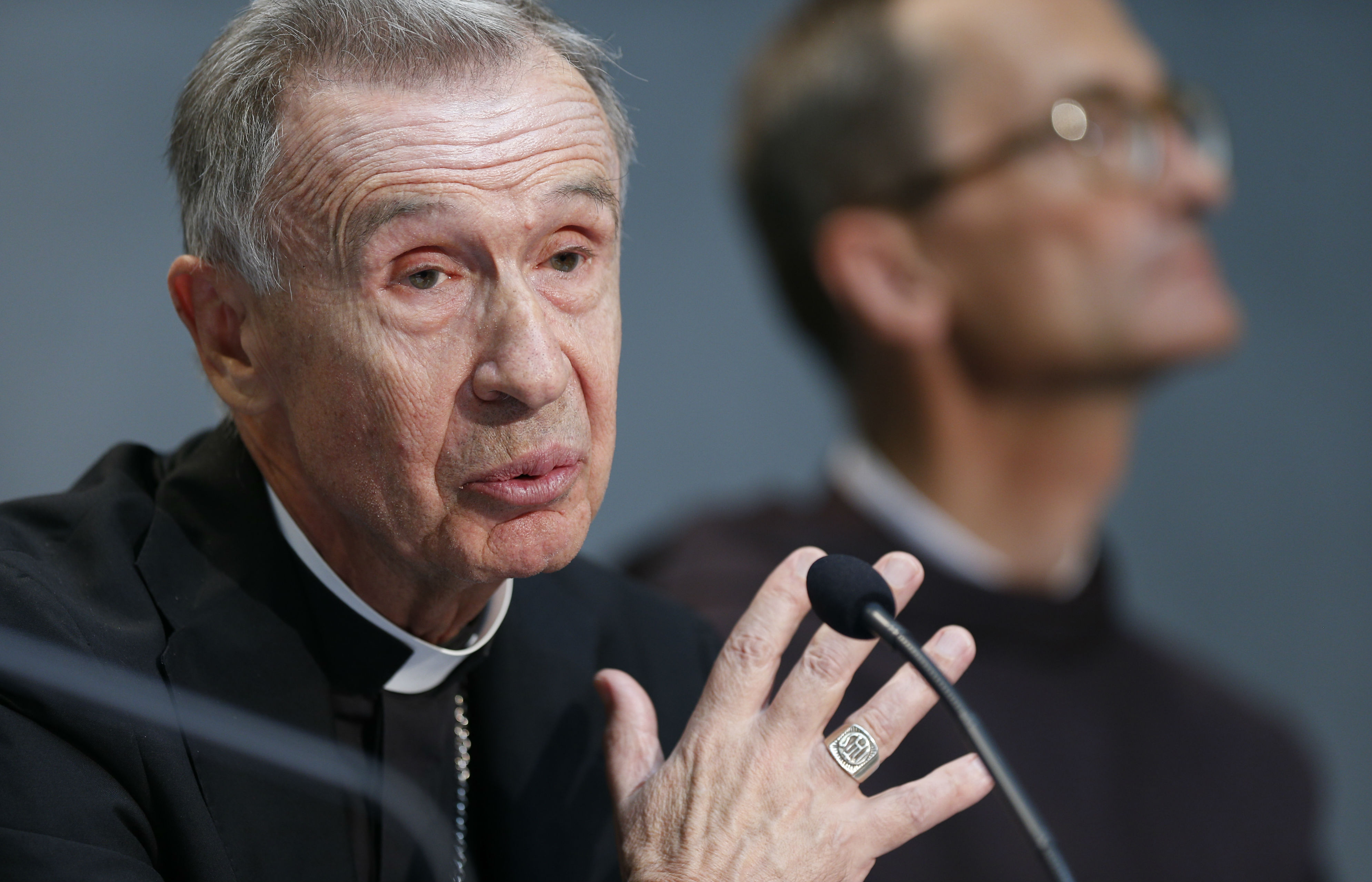The new prefect of the Vatican’s doctrine department is coming under scrutiny over his handling of a sexually abusive former Italian priest who was laicised but then went on to commit more crimes against children.
Italian media have reported that Archbishop Luis Ladaria, appointed to his new job on Saturday, was the second signatory on a letter granting a request to remove Gianni Trotta from the clerical state.
The 2012 letter, written in Latin and obtained by Italian newspaper La Repubblica and an online version of L’Espresso magazine, tells the local bishop not to publicise details of the case so as to avoid “generating a scandal amongst the faithful.” It does point out, however, that information can be publicised “if there is a danger of minors being abused”.
Authored by then Prefect of the Congregation for the Doctrine of the Faith, Cardinal William Levada, it is a pro-forma response issued when a laicisation request is accepted.
But the case of Trotta will raise questions about whether the best way to deal with abusive clergy is through laicising them, a process which means the Church no longer has formal responsibility for them. Furthermore, the canonical requirement for silence in such cases runs against the need for open, transparent processes in reporting.
Despite Trotta’s laicisation, he continued to present himself as a priest and became the coach of a youth football team, where the abuse continued. He was jailed for eight years in 2014 after being convicted of one case of abuse of a minor. There are allegations of abuse in eight further cases which are being investigated.
Under normal Church guidelines, responsibility for reporting Trotta’s behaviour would have laid with Bishop Domenico Cornacchia, who was then leading the diocese of Lucero, in South East Italy.
In some cases, safeguarding experts believe that rather than laicisation priests-abusers should be pulled out of ministry and kept under the oversight of the local church in order to prevent repeat offending.
To date, the CDF have not responded to the accusations, nor has the Vatican made any official comment on the case.
Pope Francis has faced accusations of being soft on abusers by reducing a sentence against serial child abuser and former priest, Mauro Inzoli, by going against a recommendation of laicisation by Ladaria’s department. Last week, however, it was announced that Francis had ruled Inzoli should be removed from the clerical state.
The latest news will increase pressure on the Pope to ensure proper guidelines are in place to deal with sexual abuse.
In Francis’ own backyard of Italy, bishops still only have a moral - rather than a legal - requirement to report allegations of abuse. The recent cases of Trotta and Inzoli show the scandal is now moving closer to home for the Pope.
In his new role, 73-year-old Ladaria will oversee the congregation’s work of handling cases of priests accused of abuse.
The CDF – as the department is known - has faced criticism for failing to work with a papal commission into safeguarding. One of the members of that body, Irish abuse survivor Marie Collins, resigned in frustration at what she saw as their stone-walling her suggestions.
As the Church’s doctrine chief Archbishop Ladaria can also address the notion of keeping details of cases silent so as not to “scandalise the faithful.” This is an idea rooted in Canon Law, but when it comes to handling sex abuse cases the new CDF prefect may want to re-assess.



 Loading ...
Loading ...